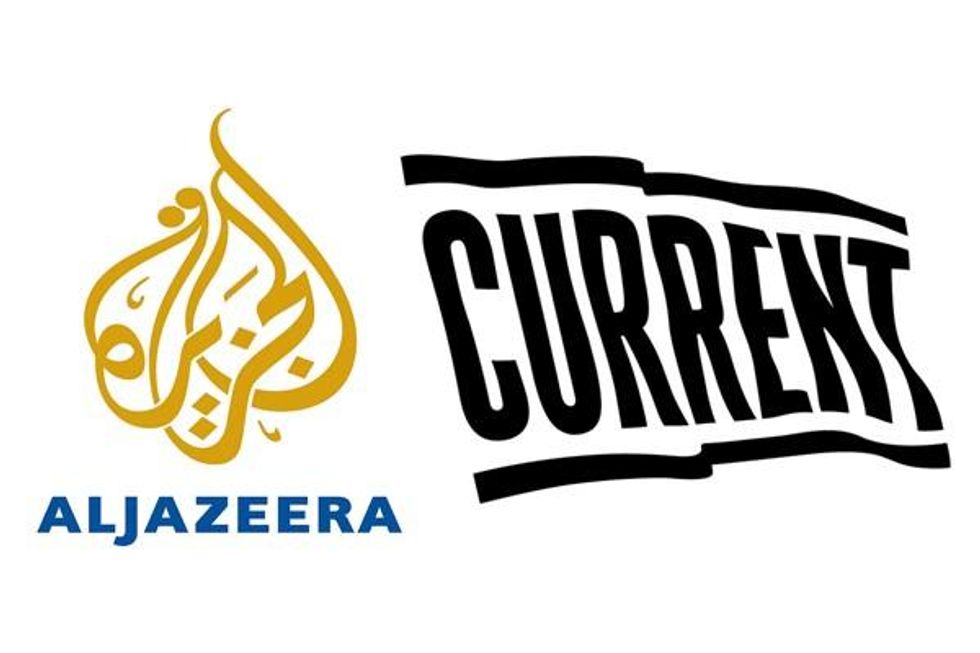It's early in the new year, but the media landscape has already shifted with the news that Al Jazeera is purchasing Al Gore's Current TV.
"Al Jazeera did not disclose the purchase price, but people with direct knowledge of the deal pegged it at around $500 million, indicating a $100 million payout for Mr. Gore, who owned 20 percent of Current," reports the New York Times.
What is the motivation?
For Gore, there are a hundred million reasons.
For Al Jazeera, it is an attempt to overcome persistent prejudice against the network as anti-American and indeed even pro-terrorist. The attitude against the network is so negative in certain quarters that two years ago a public reception at a museum fundraiser in Maine featuring the Al Jazeera Washington bureau chief, Abderrahim Foukara, had to be moved to a private, undisclosed location.
Little wonder, then, that Al Jazeera English is available in only a few places in this country.
"The crux of the problem in getting cable and satellite clearance is that providers have seen little upside and a big downside to carrying Al Jazeera English," Lawrence Pintak wrote in the Columbia Journalism Review in 2011. "Not much demand--i.e., profit--but a near-certainty of pushback from conservative and pro-Israel camps in the form of letters, bad publicity, and potential boycotts."
So, even to get coverage from the heart of the Arab Spring--one of the most consequential events in recent history--interested Americans have had to turn to the network's website. Not surprisingly, 40 percent of the network's web traffic comes from the United States.
Now, the coverage of Al Jazeera hasn't been without problems. For instance, even in the Arab Spring it has been accused of being more vocally in favor of uprisings that have attempted to overthrow regimes that are unfriendly to its host country Qatar, such as Syria and Libya, while being muted about movements that target allies such as Bahrain. But to think of it as a radical jihadist network is absurd.
"I would challenge anyone who feels that these networks are apparatuses for terrorism to first see if they've ever watched it," says Professor Justin Martin, adding, "There's not very much agenda pushing. I'm more shocked when I watch Fox News."
Still, such allegations have bedeviled Al Jazeera. Hence, its acquisition of Current TV.
The buyout "boosts Al Jazeera's reach in the U.S. beyond a few large U.S. metropolitan areas including New York and Washington nearly ninefold to about 40 million homes," reports AP.
Current TV has not been without its own problems, making the owners eager for the sale. Fashioned as a left-leaning network, its ratings have been abysmally low, with a measly average of 42,000 people reportedly watching it nightly.
Already, the new venture has encountered a setback that shows how difficult its battle will be for American hearts and minds. Time Warner has used the merger as an occasion to drop Current TV from its lineup, depriving the fresh entity of a sizeable potential viewership.
It is always hard for an unconventional, noncorporate enterprise to break through in the American mass media. Bias against Arabs and Muslims just makes it all the harder.



